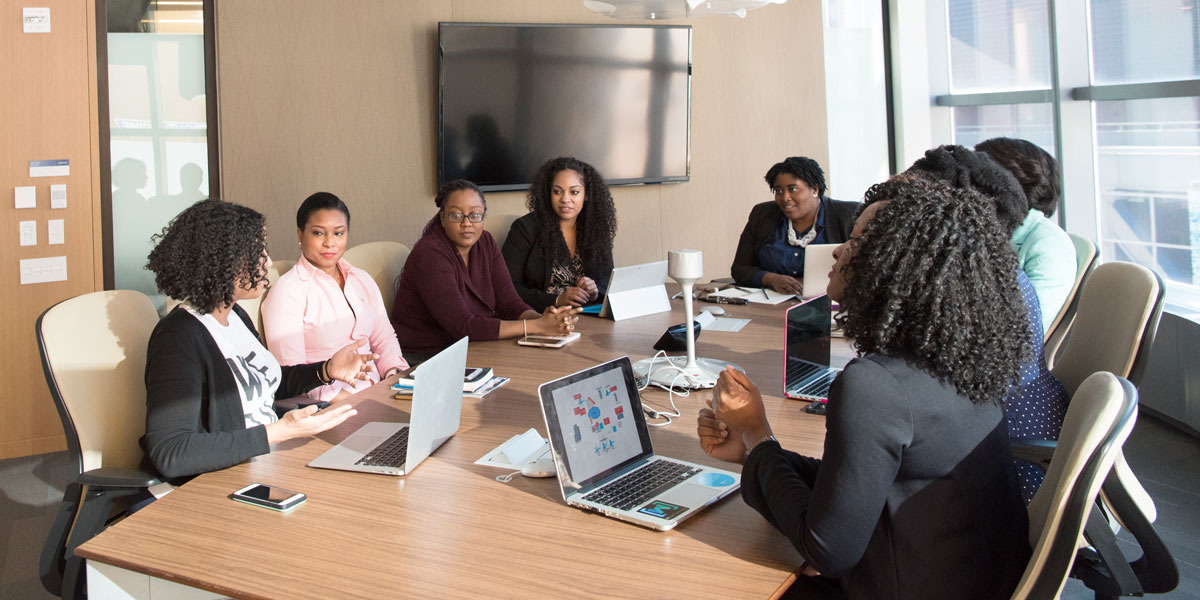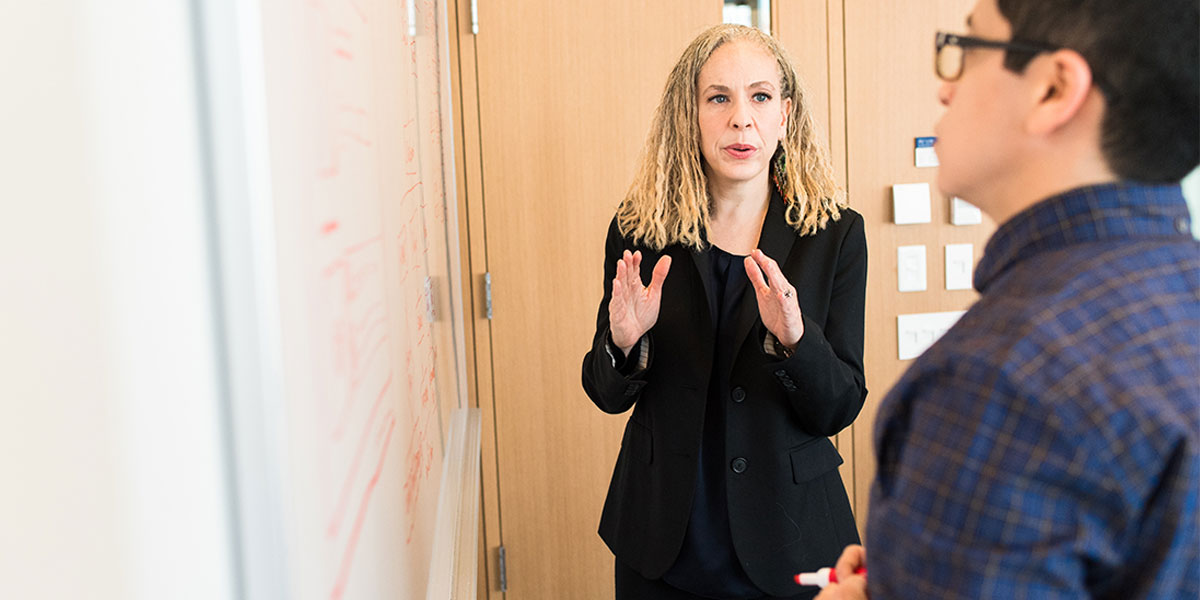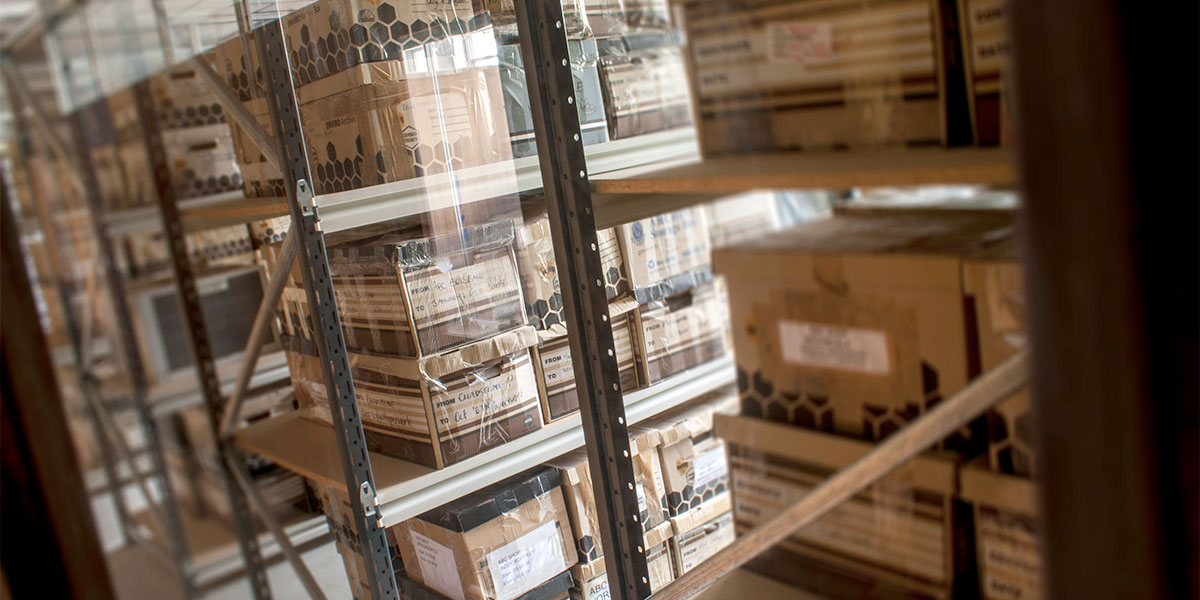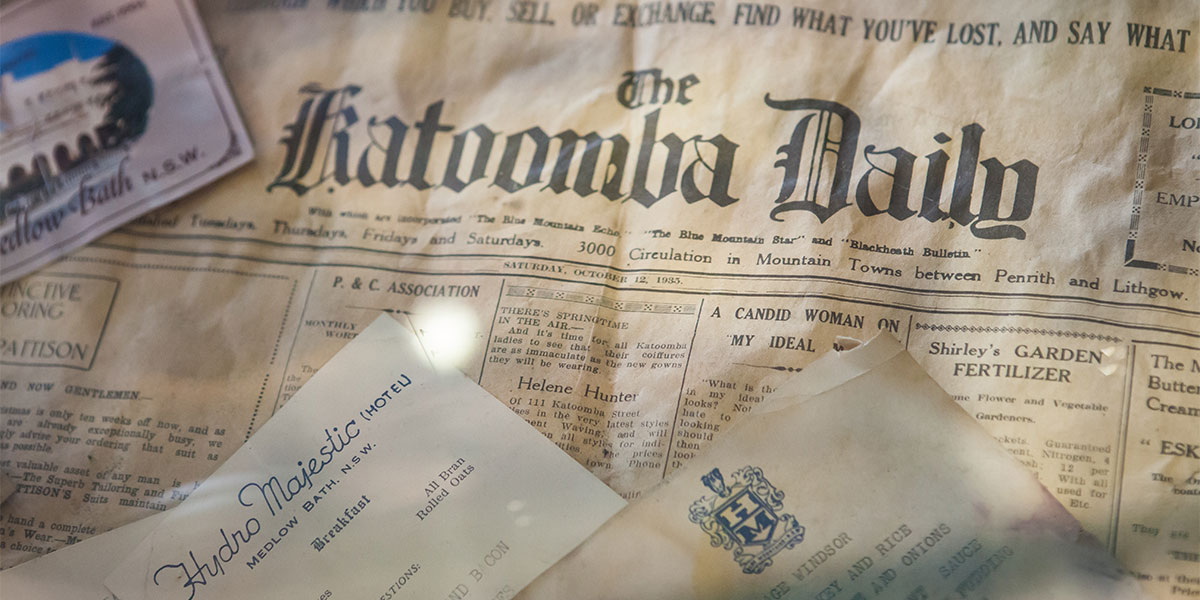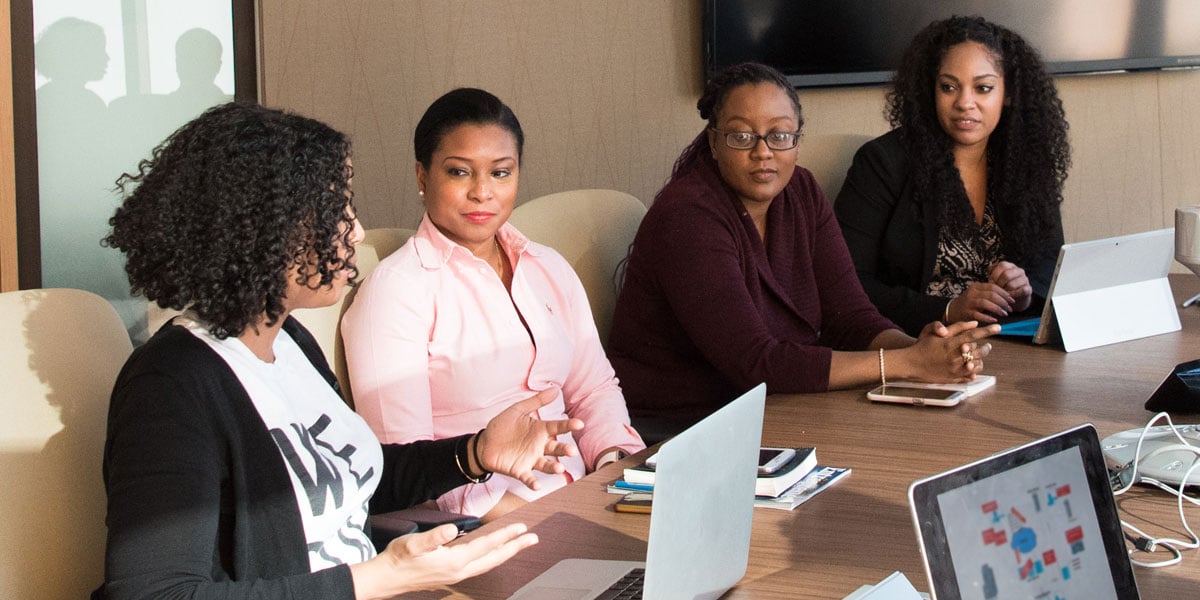Projects enable archivists to undertake roles that differ from their usual positions and are training grounds for leadership. Team members likely have other responsibilities in addition to their work on the archival project. Identify gaps in skills or resources, and then begin to locate people to resolve staffing issues. Determining basic team member roles up front allows projects to move forward with vision and vigor.
We've Moved!
Think Clearly has a new home! Click here to see our latest posts.
*If there’s older content you’d like to catch up on, you can browse right where you are, until Friday, April 5th.
We know it takes a minute to get used to change!
Margot Note

Recent Posts
Archival project managers can create highly functional teams that embrace change, honor individual diversity and contributions, and demonstrate good faith and goodwill. There are many aspects of team-building to consider, including the fundamentals of team size and composition.
Topics: Strategy, Archives, Project Management
Managing Expectations for Archival Projects: Tips for Archives Project Managers
Delivering a project on time, on budget, and with quality doesn’t always mean it’s successful. And even if expectations of cost and speed are met—or were unrealistic—stakeholders are the final judges of the project. In their eyes, the project may be late, over budget, or inferior quality.
Topics: Strategy, Archives, Project Management
People are fundamental to every aspect of an archival project. They commission projects, provide resources, support (or challenge) projects, and produce results. People deliver projects as managers and team members, and others influence projects as sponsors and archival project stakeholders. How people behave and feel about the project influences its success.
Topics: Professional Development, Strategy, Archives
Project managers are expected to be both good managers and leaders. Leadership is one of the most critical competencies a project manager must have. Leadership in archival projects is demonstrated through setting the vision for the project and supporting strategy, and creating a shared vision with the team. Archival leaders create an environment that encourages the best in team members, allowing them to develop and learn.
Topics: Professional Development, Digital Archives, Archives
Project managers for archival projects have a wide variety of responsibilities. They oversee activities, serve as liaisons between departments, and facilitate meetings. They hire staff, attend professional development activities, and review instructional materials. This post covers characteristics of effective archival project managers.
Topics: Professional Development, Strategy, Archives
Digital Archives: How and Why to Write Digital Preservation Policy
Most archives repositories find it a challenge to keep a balance between meeting the needs of their users, their administration, and their collections. The hands-on tasks involved in the daily management of ever-growing collections of digital information leave little time for conceptual planning of the digital preservation program.
Topics: Strategy, Digital Archives, Archives
Preserving Digital Archives: Choosing Which Digital Archives to Preserve
Appraisal and selection for digital artifacts are similar in the broadest sense to the appraisal and selection of physical archival collections. The framework that each institution uses to guide its selection process is influenced by the scope and subjects of the collecting agencies.
Topics: Digital Archives, Archives, Technology
The sustainability of digital materials depends on standard file formats that will last for the long term. As technology changes rapidly, archivists and other information professionals need to use a narrow set of sustainable file formats to retain information between systems and programs. As new formats develop, sustainability must become part of the design process from the beginning to make the efforts of digital preservation successful.
Topics: Digital Archives, Archives, Technology
While digital preservation efforts are being led by members of the cultural heritage community working at institutions traditionally responsible for saving materials, the challenges of digital preservation require the involvement of new participants.
Topics: Professional Development, Strategy, Digital Archives
Preserve, Curate, or Steward? Changing Definitions in Digital Preservation
Digital preservation is a series of managed activities necessary to ensure continued access to digital materials for the highest utility—and for as long as possible or necessary. Archivists work to save bits and bytes beyond the limits of media failure, software obsolescence, and technological change. The phrase “digital preservation,” however, has been questioned because it may not sufficiently describe what needs to occur for digital materials to be accessible over time.
Topics: Digital Archives, Collections Management
As our understanding of digital preservation, curation, and stewardship matures, archivists and other information professionals have begun to question some of our assumptions about preservation. To address current needs, the practices we have developed and taken for granted for decades are transforming in the digital environment.
Topics: Digital Archives, Archives, Collections Management
As with many archival projects, large institutions lead the way to new discoveries, workflows, and practices. Discussions about digital preservation have been too frequently (but understandably) presented in terms that apply only to large, well-funded institutions.
Topics: Strategy, Digital Archives, Collections Management
The archival field lacks people with the expertise needed to extend the digital preservation agenda. Formal training opportunities for digital preservation are still rare, so much is learned on the job. New archivists may be uncertain as to where to acquire specific skills, and seasoned archivists need to broaden their knowledge or expand their roles professionally.
Topics: Professional Development, Digital Archives
The Information Age spawns questions for the future. How will we ensure long-term access to information, growing exponentially every day? How will we migrate data as technology moves from one medium to the next? Who determines what’s saved, and what criteria will be used to make those decisions? Most importantly, what is the cost of preservation? Who will pay for it?
Topics: Professional Development, Digital Archives, Archives
The challenge that many archival repositories face is assimilating digital preservation activities into everyday workflows. In my past positions, preservation of digital assets was an afterthought—if thought about at all. As a consultant, I’ve found that planning for long-term digital preservation is still unclear in most digital initiatives. Awareness about digital preservation is growing, though work and education are still needed.
Topics: Strategy, Digital Archives, Archives
A clear understanding of the scope is the basis on which successful archival projects are built. Without it, archivists will struggle to deliver a project well.
Topics: Professional Development, Strategy, Archives
Archivists can use several elicitation techniques to gather requirements for their projects. These methods, ranging from document analysis to in-depth interviews, provide ideas for needed projects.
Topics: Strategy, Digital Archives, Archives




